by Daniel | Last Updated January 1st, 2022

Here’s the deal: almost 70% of long-haul travelers are affected by jet lag every single time they hop off a plane. So, if you’ve taken a long flight recently, chances are that you felt sleepy, cold, and groggy when you landed.
How can you prevent this? Luckily for you, we’ve got the remedy. In our guide, we dig deep into who is at a greater risk for developing jet lag, including industry professionals like commercial pilots, flight attendants, corporate travelers.
Plus, we learn that things like tiny seating with your knees cramped up and eating poor quality airline food trigger jet lag too.
Experiencing high altitude and traveling across several time zones are the key ingredients to experiencing major jet lag when you land as well.
Want to learn more? Read on to find out how to overcome jet lag!
What is Jet Lag, Anyway?
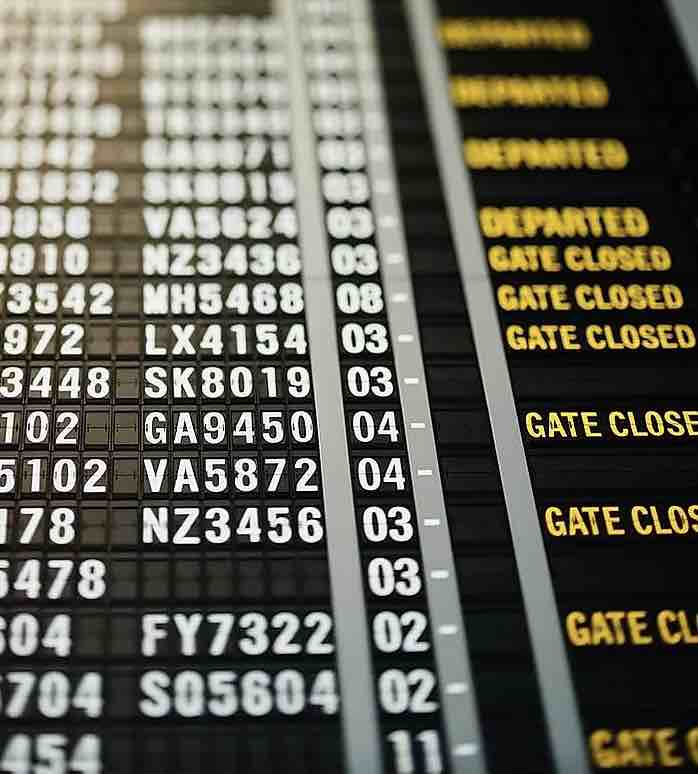
You might be wondering: what is jet lag, anyway?
Also known as flight fatigue or desynchronosis, jet lag is a short-time illness that makes you feel exhausted and sleepless at the same time.
And if you’re traveling in the air for a long time, you’re most likely crossing different time zones too, which makes it harder to stay awake when you need to. What makes jet lag so brutal is that it throws off your circadian rhythm, which is basically your internal clock.
Even babies and children can get hit with severe jet lag symptoms too. However, you don’t need a doctor to give you a medical diagnosis for this temporary illness.
But here’s the kicker – if you’re experiencing jet lag symptoms that just won’t go away after a couple of days, you might want to call the doctor. So, how long will you usually feel jet lag for?
Honestly, it depends on how many time zones you crossed during your trip. Our general rule of thumb is that it takes at least one day to recover from up to two time zones. For instance, if you traveled across six time zones, it should take you about three to five days to get back on your feet again.
But what really causes jet lag in the first place?
Causes of Jet Lag
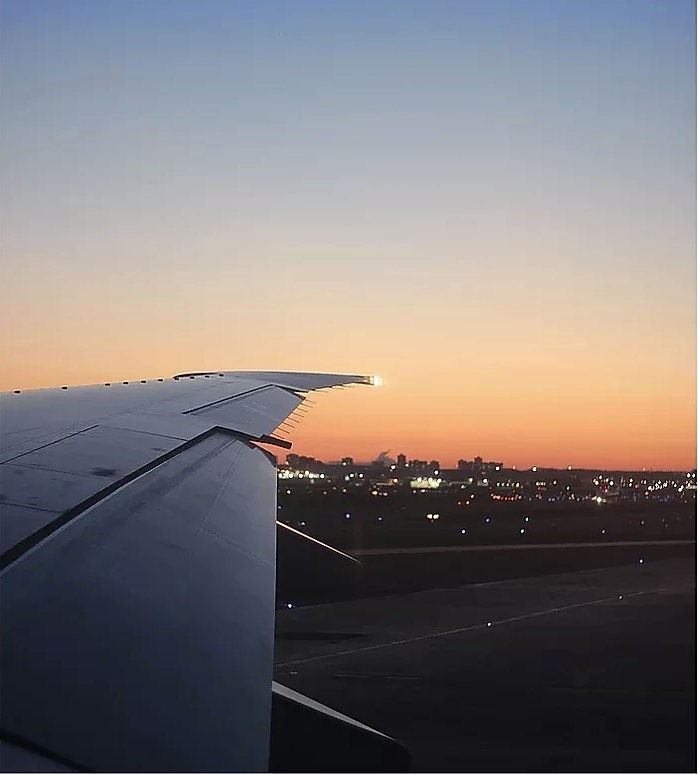
If you’re curious about what causes jet lag, it all comes down to how your body adjusts to different times zones.
Spoiler alert: most people don’t adjust to the time zone changes well at all. For example, if you’re traveling from New York to Paris, your body will most likely still be on East Coast time even though you’re in France.
To put it simply, jet lag is a surefire way to throw off your internal clock for at least a few days. But what is a biological clock and why do we have them? Just like a regular clock, your body functions on a 24-hour cycle that’s called your circadian rhythm.
On top of that, you have a tiny alarm clock in your brain named the hypothalamus that makes you feel sleepy, hungry, and thirsty. Not to mention that it controls glucose, hormones, blood pressure, and body heat too. When morning light hits your eyes, it stimulates the hypothalamus to wake you up.
But when daylight occurs way earlier or later than you’re used to, your hypothalamus is totally thrown off, which instantly triggers jet lag. Makes sense, right?
Planning a backpacking trip to Europe? Don’t forget to find a budget airline first!
How Flight Direction Impacts Jet Lag
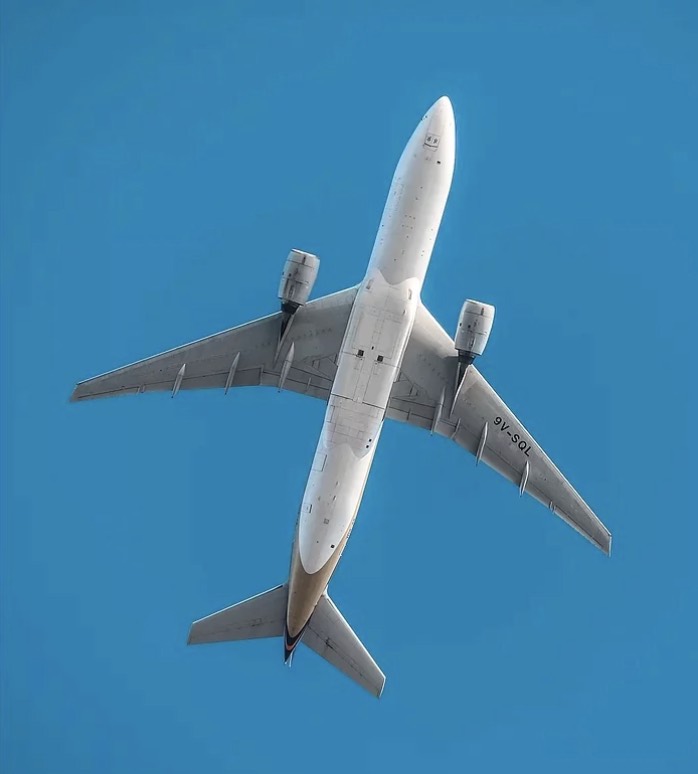
The direction that you’re plane is flying affects the amount of jet lag that you’ll have as well. For instance, if you’re flying south or north within the same time zone, you shouldn’t have to worry about jet lag too much.
That’s because sticking within the same time zone means that you won’t lose or gain any hours during your airplane flight. Although these people might feel a little uncomfortable afterward, it’s usually only because they’re adjusting to a new diet, culture, and climate.
Despite this fact, flying east is a whole other story. Unfortunately, these travelers commonly lose time as they fly through the air. For instance, a traveler on an international trip from Washington, D.C. to Saudi Arabia loses up to eight hours of their day.
As if that’s not enough, the Saudi Arabia-bound traveler’s daily routines like meals and sleep times are pushed forward eight hours as well. On the other hand, westward-bound flyers typically gain a few hours as they fly, which is much easier to deal with in terms of jet lag.
Traveling on an eastward-bound plane? Make sure that you get to bed a little earlier than usual and get some sun exposure after you land. For those who are westward bound, spend one hour in the sunshine as soon as you touch base.
Some online calculators can figure out how much sleep you should get before your trip too. Prepare to say goodbye to jet lag with this life hack!
Symptoms of Jet Lag
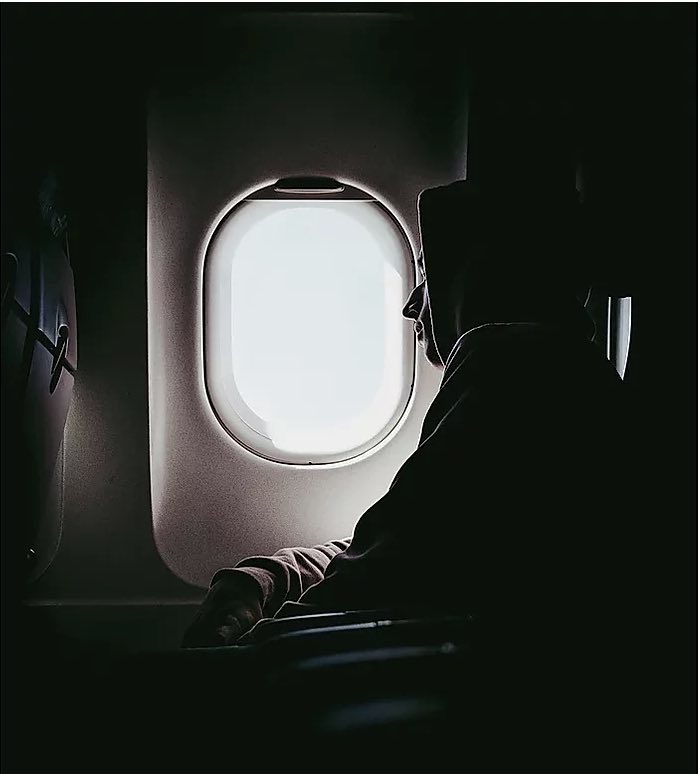
How do you know if you’re experiencing jet lag? First things first, you might experience insomnia, fatigue, and irritability as soon as you leave your plane.
On top of that, other common symptoms of jet lag include insomnia, lack of focus, and brain fog. That’s not all. Don’t be surprised if you start to feel anxiety, confusion, and dehydration as soon as your plane lands either.
Jet lag often comes with headaches, nausea, and indigestion. Thought we were done already? We’re just getting started, especially because jet lag involves sweating, coordination problems, and dizziness as well.
Some frequent flyers suffer from daytime sleep problems, general malaise, memory loss after landing too. Certain jet lag side effects can even include heartbeat irregularities and weakened immune systems.
To keep it simple, it’s a good idea to avoid alcoholic drinks during your flight as well. But here’s the catch – you shouldn’t drink alcohol directly before or immediately after your plane trip either. That’s because these dehydrating drinks can make you nauseous, sleepless, and thirsty too.
Similarly, you shouldn’t load up on any caffeinated drinks before or during your flight too. Also, ditch the sugary drinks right after landing. Just like alcohol, caffeine can make you dehydrated and restless. And if you have anxiety when you fly, caffeine will only trigger it.
Are you someone who stays awake during every flight? For a quick nap on your plane ride, try melatonin!
Risk Factors For Jet Lag
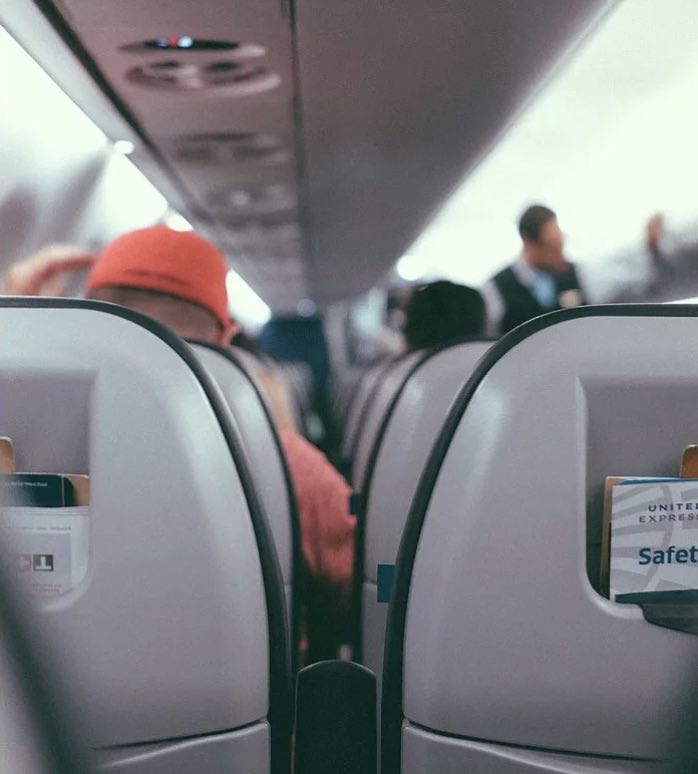
Wondering what the risk factors for jet lag are? We’ve got you covered. Check out a couple of common risks that’ll make your jet lag feel worse than it already does.
First of all, traveling across more than three time zones is guaranteed to mess up your internal clock big time. Although going through two time zones is easy to adjust to, three or more time zones will take much longer to adapt to. And as we mentioned above, losing time by flying on an eastward bound plane is a major risk factor for jet lag too.
Let’s talk about age for a moment. Older adults will have a much harder time adjusting to jet lag along with Commercial pilots, flight attendants, and corporate travelers, because they’re constantly in the air, going through different time zones on a regular basis.
That’s because they’re constantly in the air, going the different time zones on a regular basis. And if you have a pre-existing condition like stress or insomnia, you’re most likely going to have a bad case of jet lag too. In addition, there are other flight condition factors to think about as well, including:
- Tiny seating with your knees cramped up
- Eating poor quality airline food
- Experiencing high altitude
- Sitting in extreme cabin pressure
Plus, having a few in-flight cocktails actually increases your risk of experiencing jet lag too. So, you might want to grab a soda instead!
Are you sick and tired of crying babies on flights? We highly recommend that you invest in a pair of noise-canceling headphones next time!
How to Overcome Jet Lag

Wondering how to overcome jet lag? Thankfully, we’ve done all the hard work for you. From staying in good physical shape to asking your doctor for advice, here are some of our favorite ways to get rid of jet lag fast.
First of all, you’ve got to stay in good physical shape to fight jet lag the natural way. That means that you’ll want to get into a regular exercise routine for some time before you board your flight. As if that’s not enough, it helps to eat clean and sleep well pre-flight too.
Being physically fit will help your body cope better after a long flight. However, if you’re unfit or eating poorly, you might have a much more difficult time adjusting when you land.
Another smart tip is to ask your doctor for advice if you have any serious medical conditions like heart disease and diabetes. We can’t emphasize this enough: definitely get in touch with your doctor before you board your next flight.
Why is that? Because you’ll be able to make a game plan with your doctor that may include things like check-ins while you’re abroad or sticking to your medication schedule. Plus, they may even suggest that you land in a certain time zone.
Pro tip: if jet lag ruins your experience abroad, you might want to consider switching up your schedule as well. So, if you plan to stay in a particular time zone for a little while, you can train your body to get used to that time zone in advance.
Traveling to the City of Angels anytime soon? Save serious cash by researching the most affordable hotels in LA!
More Ways to Fight Jet Lag
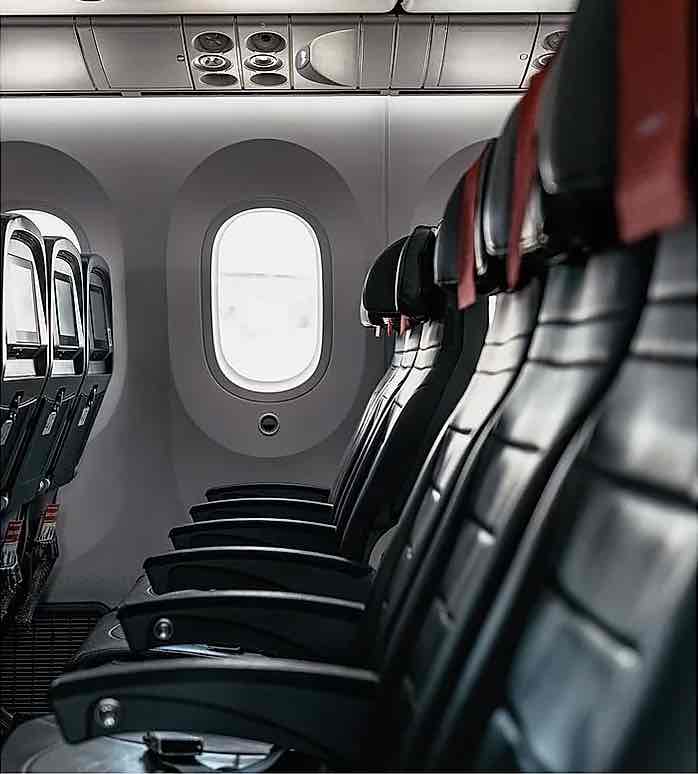
Want more advice about fighting jet lag? This one is a no-brainer: you can’t go wrong drinking water for hydration and moving around while you’re on the plane.
It might sound too simple, but this is one of the best ways to fight the super dry climate on the airplane. So, if you’re allowed to, you should bring an additional water bottle with on you the flight.
Getting movement while you’re on the plane is a great way to combat the effects of jet lag as well. Instead of remaining seated for the entire time, take advantage of a couple of stretch breaks when you can. How so?
Try walking up and down the aisle every few hours, or standing up and sitting down if you’re forced to stay in your seat. Besides, you can bend and stretch your legs while seated too. However, popping sleeping medication or napping for extended amounts of time won’t make your jet lag any better afterward.
In addition, taking a stretch on the plane is guaranteed to lower your chances of getting a blood clot in your leg post-flight. That’s because sitting for an extra-long amount of time reduces the flow of blood in your legs, increasing blood clot risks.
Thanks to uncomfortable seats and lack of activity, don’t be surprised if your legs are stiffer than ever if you decide to skip out this valuable tip!
Don’t Let Jet Lag Bring You Down
Not sure how to overcome jet lag yet? Have no fear, we’re here to help. From finding out what jet lag is to discover what causes it, our handy guide has it all.
Dying to know how to prevent jet lag? It doesn’t hurt to stay in great physical shape before your flight. Besides that, ditching alcohol and caffeine pre-flight will help you bounce back in no time. Good luck!
